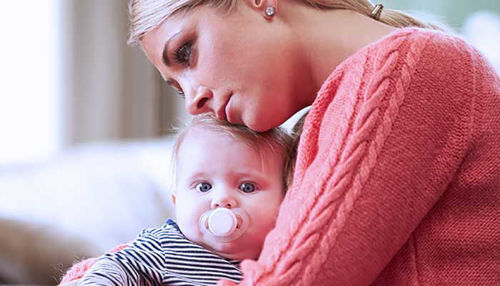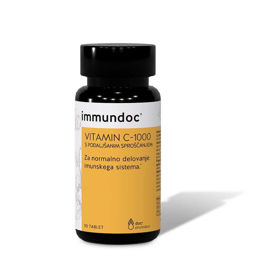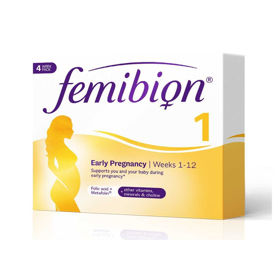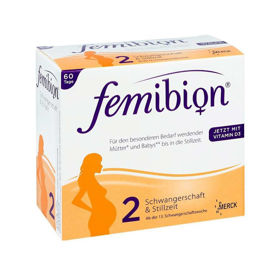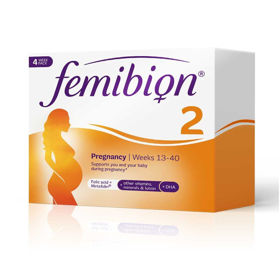Iodine is a key building block of thyroid hormones, which regulate many metabolic processes in the body and are essential for growth and development.
An adult should consume about 150 µg of iodine daily, of which about 10% accumulates in the thyroid gland and 90% is excreted in the urine. During breastfeeding, the excretion of iodine in the urine and the synthesis of thyroid hormones are normalized, and up to 100 µg of iodine is excreted in milk daily. Therefore, a daily iodine intake of around 250 µg is recommended during pregnancy and lactation.

Inadequate iodine supply during pregnancy and lactation poses a risk of thyroid dysfunction. Decreased iodine intake may be a reflection of an inadequate salt iodization program, consumption of completely unsalted foods, or use of exclusively non-iodized salt. It is associated with reduced thyroid function and goiter in the mother and fetus or baby. Research has shown that with moderate or severe iodine deficiency, there are more miscarriages, higher perinatal and infant mortality, low birth weight, and poorer neurointellectual development, which in its worst form can be expressed as cretinism. With mild iodine deficiency, some point to the possibility of impaired cognitive and neurological development of the child.
Excess iodine, on the other hand, poses a risk of developing or exacerbating autoimmune thyroid disease , as iodine in higher concentrations can stimulate immune cells and causes cell damage. Increased iodine intake may reflect the consumption of iodine-containing preparations (multivitamins, dietary supplements, seaweed) and may be associated with amiodarone, X-ray contrast, or iodine disinfectants during the medical treatment process.
In fact, iodine supply and iodine control programs vary widely around the world, as well as in the countries of the European Union. Many countries, including the United Kingdom, France, Italy, the Netherlands, Belgium or Germany, do not have a mandatory salt iodization program in place, and access to adequate salts is far from guaranteed for a large proportion of the European Union's population. According to the recommendations of the World Health Organization, additional iodine intake in the most vulnerable groups (pregnant women, nursing mothers, children up to 24 months) is needed when less than 90% of households have access to iodized salt.
Unlike many other countries, Slovenia has had a mandatory salt iodization program for many years (since 1999, iodization with 25 mg of potassium iodide or 32 mg of potassium iodate per kilogram of salt has been mandatory). Recent data from 2016 show that appropriately iodized salt accounts for as much as 96% of all salt sold. A survey of pregnant women in 2011 showed that our pregnant women have adequate iodine intake. As many as 16% of them had elevated thyroid antibodies, which means that the possible addition of iodine would increase the risk of thyroid dysfunction.
In Slovenia, therefore, the profession does not recommend the addition of iodine during pregnancy and lactation in pregnant women who eat normally and use iodized salt. Additional iodine intake is recommended at least 3 months before pregnancy and during pregnancy and lactation in women who have an unsalted diet or use exclusively non-iodized salt.






